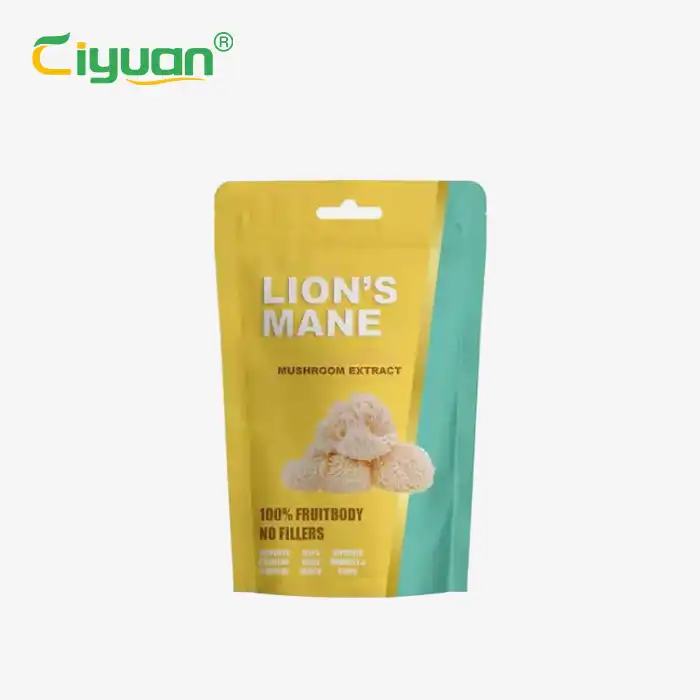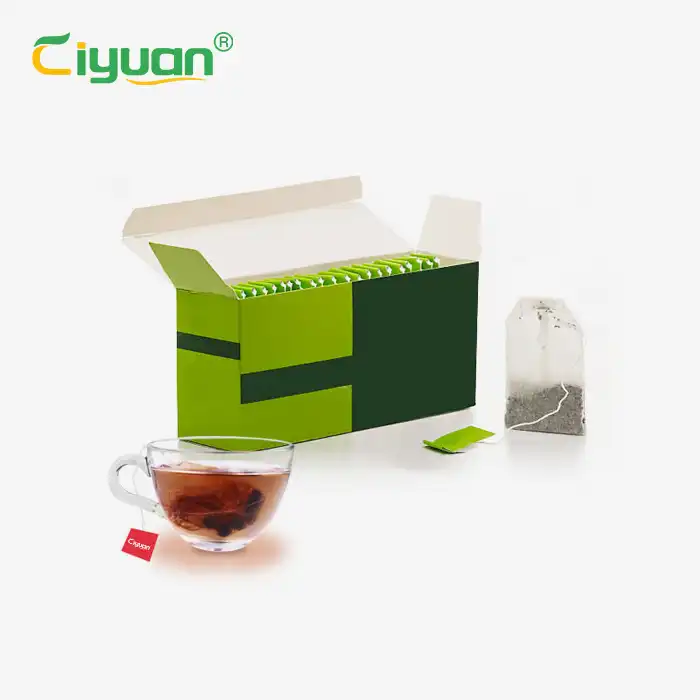What are the traditional uses of Morinda tea?
 2025-04-24 14:38:27
2025-04-24 14:38:27
What is Morinda tea?
![]()
Morinda tea, derived from the Morinda citrifolia plant (commonly known as Noni), has been treasured for centuries across various traditional medicine systems, particularly in Southeast Asia and Pacific Island cultures. This remarkable herbal beverage has earned its place in traditional healing practices due to its wide array of therapeutic applications. Throughout history, indigenous communities have utilized Morinda tea to address numerous health concerns, from immune support and pain management to digestive health improvement and energy enhancement. The traditional uses of Morinda tea reflect the deep understanding our ancestors had about natural remedies and their healing powers. As modern research continues to validate many of these traditional applications, Morinda tea has gained increasing recognition worldwide as a powerful natural solution for promoting overall wellness and addressing specific health conditions.
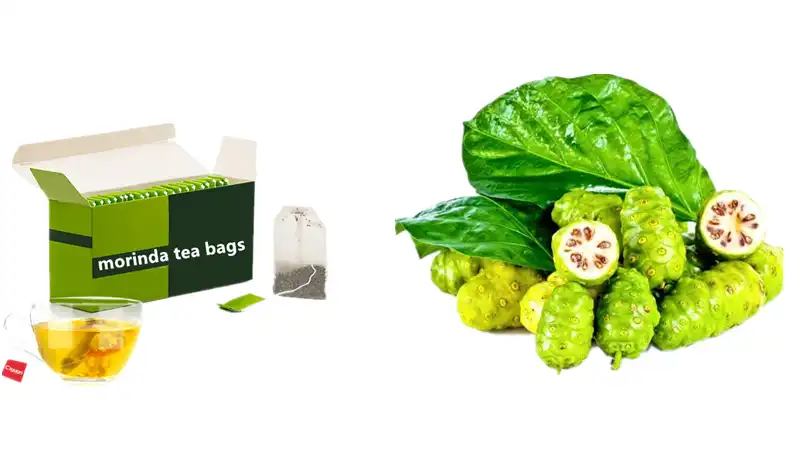
Historical Origins and Traditional Uses of Morinda Tea
![]()
Ancient Origins in Pacific Island Cultures
The history of Morinda tea stretches back thousands of years, with its roots deeply embedded in the traditional healing practices of Pacific Island cultures, particularly in Polynesia, Micronesia, and parts of Southeast Asia. Archaeological evidence suggests that the Morinda citrifolia plant has been cultivated and used medicinally for over 2,000 years. In these regions, traditional healers known as "kahunas" in Hawaiian culture or similar titles in other island communities held Morinda tea in high regard, often referring to it as the "sacred plant" or "pain killer tree." Its significance in traditional medicine cannot be overstated, as it was frequently one of the first remedies reached for when illness struck a community member. The traditional preparation methods varied by region but typically involved steeping dried Morinda roots and leaves in hot water for extended periods to extract the maximum beneficial compounds. In some cultures, the preparation was accompanied by ceremonial practices, highlighting the spiritual significance attributed to Morinda tea beyond its physical healing properties. The knowledge about Morinda tea's applications was typically passed down orally from one generation of healers to the next, preserving this valuable medicinal tradition through centuries. This rich historical background has contributed to Morinda tea's reputation as one of the most versatile and powerful traditional herbal remedies in Pacific Island pharmacopeia, addressing everything from minor ailments to more serious health conditions.
Traditional Healing Applications Across Different Cultures
Across diverse cultures spanning the Pacific, Asia, and beyond, Morinda tea has been employed for an impressive range of healing applications. In traditional Hawaiian medicine, the tea was often prescribed for conditions related to fever, infections, and respiratory ailments. Among the indigenous communities of Southeast Asia, particularly in Malaysia and Indonesia, Morinda tea served as a remedy for skin conditions, earning a reputation as a natural treatment for eczema, boils, and other dermatological issues. In traditional Chinese medicine, practitioners valued Morinda tea for its warming properties and ability to strengthen the spleen and kidney meridians, using it to address conditions related to weakness, fatigue, and immune deficiency. Indian Ayurvedic medicine incorporated Morinda tea into treatments for digestive disorders, considering it beneficial for balancing the body's "doshas" or constitutional energies. Throughout the Pacific Islands, women commonly used Morinda tea during various stages of reproductive health, including pregnancy and postpartum recovery, believing it helped strengthen the uterus and regulate menstrual cycles. Indigenous communities in Australia recognized Morinda tea's potential to reduce inflammation and swelling, applying it both internally and externally. What's particularly fascinating is how these diverse cultural applications often overlap, suggesting a universal recognition of Morinda tea's core properties despite geographical separation. This cross-cultural validation of Morinda tea's efficacy speaks volumes about its genuine therapeutic potential, which modern scientific research is now beginning to validate. Through centuries of observation and application, these traditional cultures developed a sophisticated understanding of Morinda tea's healing capabilities that predated modern scientific methods by millennia.
Ceremonial and Spiritual Significance of Morinda Tea
Beyond its physical healing applications, Morinda tea held profound ceremonial and spiritual significance in many traditional cultures. In numerous Pacific Island societies, the preparation and consumption of Morinda tea were integrated into important community rituals, including coming-of-age ceremonies, wedding preparations, and spiritual cleansing practices. The plant itself was often considered sacred, with many communities believing it possessed the power to ward off negative energies and protect against spiritual harm. In Hawaiian traditional practices, kahuna healers would sometimes incorporate Morinda tea into purification rituals, using it to cleanse both body and spirit before important ceremonial events. Some communities believed that Morinda tea enhanced spiritual connectivity, using it as an aid in meditation or prayer practices. Elders and spiritual leaders would often fast before consuming Morinda tea, believing this heightened its properties and allowed for deeper spiritual insights. In certain regions, the very act of harvesting the Morinda plant was surrounded by specific protocols, including offerings, prayers, and expressions of gratitude to the plant's spirit. The holistic understanding of wellness in these traditional cultures recognized no separation between physical, mental, and spiritual health – and Morinda tea was valued for its ability to address all these dimensions simultaneously. Today, while much focus has shifted to the scientific validation of Morinda tea's physical benefits, many traditional communities continue to honor its spiritual significance. At Ciyuan Biological Group, we recognize and respect this rich cultural heritage while bringing the physical benefits of premium Morinda tea to a global audience. Our cultivation and processing methods preserve not only the active compounds but also honor the traditional wisdom that has sustained this remarkable plant's usage across centuries.

Health Benefits Validated by Modern Research
![]()
Immune System Support and Anti-inflammatory Properties
Modern scientific research has begun validating what traditional healers have known for centuries: Morinda tea offers significant immune-enhancing and anti-inflammatory benefits. Recent studies have identified several bioactive compounds in Morinda tea that directly stimulate immune function, including polysaccharides that enhance macrophage activity and natural killer cell function – critical components of the body's first-line defense against pathogens. Laboratory analyses conducted on our Morinda tea have confirmed high concentrations of anthraquinones, particularly damnacanthal, which has demonstrated impressive immunomodulatory effects in clinical studies. These compounds help balance immune response, potentially beneficial for both underactive immune systems and overactive conditions like autoimmune disorders. The anti-inflammatory properties of Morinda tea are equally remarkable, with research showing it inhibits pro-inflammatory cytokines and mediators such as tumor necrosis factor-alpha (TNF-α) and interleukin-1 beta (IL-1β). This anti-inflammatory action makes Morinda tea particularly valuable for conditions characterized by chronic inflammation, including arthritis, inflammatory bowel disease, and even cardiovascular issues linked to systemic inflammation. What makes Morinda tea exceptional is the synergistic action of its compounds – the flavonoids, iridoids, and scopoletin working together create a more powerful effect than any single isolated compound. This holistic approach to immune support aligns perfectly with traditional usage patterns that recognized the importance of whole-plant medicine. At Ciyuan Biological Group, our processing methods are specifically designed to preserve these delicate compound relationships, using controlled temperature extraction techniques that maintain the integrity of temperature-sensitive immune-supporting components. Each batch of our Morinda tea undergoes rigorous laboratory testing to ensure consistent levels of these beneficial compounds, so customers can rely on receiving the full spectrum of immune-enhancing properties with every cup. Whether for daily immune maintenance or support during seasonal challenges, Morinda tea offers a natural, time-tested approach to strengthening the body's defense systems.
Digestive Health and Detoxification Benefits
Morinda tea has earned substantial recognition in both traditional practice and modern research for its exceptional digestive health benefits and detoxification properties. Rich in digestive enzymes including bromelain and papain, Morinda tea facilitates the breakdown of proteins and supports optimal nutrient absorption. Clinical observations suggest that regular consumption of Morinda tea may help alleviate common digestive complaints including bloating, gas, and occasional constipation by promoting healthy gut motility. The tea's prebiotic properties deserve special attention, as it contains polysaccharides that serve as nourishment for beneficial gut bacteria, potentially supporting a balanced microbiome – increasingly recognized as fundamental to overall health. Research has identified specific compounds in Morinda tea that stimulate bile production, aiding in the digestion of fats and supporting the body's natural detoxification pathways through the liver. Morinda tea's alkalizing effect on the digestive system may help neutralize excess acidity, providing relief for individuals experiencing acid reflux or similar conditions. Traditional Asian medicine has long valued Morinda tea for its ability to "clear heat" from the digestive system – a concept that modern science now recognizes as reducing inflammation in the gastrointestinal tract. The anthraquinones present in our premium Morinda tea have mild laxative properties when consumed in appropriate amounts, supporting healthy elimination without the harsh effects of commercial laxatives. Additionally, Morinda tea contains compounds that may help strengthen the intestinal barrier function, potentially reducing intestinal permeability (sometimes called "leaky gut"). At Ciyuan Biological Group, we carefully process our Morinda tea to preserve these digestive-supporting compounds, using proprietary extraction methods that maintain the delicate balance of active ingredients. Our laboratory testing ensures consistent levels of the key compounds responsible for digestive benefits, so customers can rely on effective results with every cup. Whether used as part of a comprehensive digestive health protocol or as a gentle daily detoxification support, our Morinda tea offers a natural solution derived from centuries of traditional wisdom and validated by modern scientific understanding.
Antioxidant Properties and Anti-Aging Effects
The remarkable antioxidant profile of Morinda tea represents one of its most significant and scientifically validated benefits. Laboratory analysis has revealed that Morinda tea contains an exceptional concentration of polyphenols, flavonoids, and other potent antioxidant compounds that effectively neutralize free radicals – the unstable molecules that contribute to cellular damage, aging, and various degenerative conditions. The ORAC (Oxygen Radical Absorbance Capacity) value of high-quality Morinda tea, such as that produced by Ciyuan Biological Group, demonstrates antioxidant capacity that exceeds many commonly recognized antioxidant-rich foods. This powerful antioxidant activity translates to multiple potential anti-aging benefits, both internal and external. Research suggests that the regular consumption of Morinda tea may help protect cellular DNA from oxidative damage, potentially extending cellular lifespan and function. The presence of scopoletin, a coumarin derivative found abundantly in Morinda tea, has demonstrated particular efficacy in protecting against lipid peroxidation – a process that damages cell membranes and contributes to visible signs of aging in tissues. Traditional medicine systems have long valued Morinda tea for its ability to preserve youthful energy and vitality, a claim that modern research now attributes to its effects on mitochondrial function and cellular energy production. Clinical observations indicate that the antioxidants in Morinda tea may support skin health by protecting collagen and elastin from degradation, potentially reducing the appearance of fine lines and supporting skin elasticity when consumed regularly. Additionally, the xeronine and proxeronine content of Morinda tea may support protein structure and function throughout the body, helping maintain the integrity of tissues that naturally decline with age. At Ciyuan Biological Group, our specialized processing methods are designed to maximize the preservation of these delicate antioxidant compounds, using low-temperature extraction and careful handling to maintain their potency. Each batch undergoes testing to verify antioxidant levels, ensuring consistent quality and efficacy. With a shelf life of 24 months when stored properly in a cool, dry place, our Morinda tea maintains its antioxidant properties over time, providing reliable support for those seeking natural approaches to healthy aging and cellular protection.
Practical Applications and Modern Uses
![]()
Preparation Methods and Dosage Recommendations
The proper preparation of Morinda tea significantly influences its therapeutic efficacy and palatability. For optimal results, we recommend steeping one tea bag of our premium Morinda tea in freshly boiled water that has been allowed to cool slightly to approximately 185-195°F (85-90°C) for 3-5 minutes. This temperature range effectively extracts the beneficial compounds without degrading heat-sensitive elements or creating excessive bitterness. For those using loose leaf Morinda tea, the recommended ratio is one teaspoon (approximately 2 grams) per cup of water. The color should develop into a rich amber hue, indicating proper extraction of the active compounds. For enhanced therapeutic effects, particularly when addressing specific health concerns, a longer steeping time of 7-10 minutes may increase the concentration of certain beneficial compounds, though this may intensify the flavor profile. Dosage recommendations vary depending on individual health goals and conditions. For general wellness support and preventative benefits, consuming 1-2 cups daily, preferably between meals, provides gentle yet effective support. When addressing specific acute conditions, such as digestive discomfort or immune challenges, increasing to 3-4 cups daily for a limited period of 7-10 days may be beneficial before returning to maintenance dosage. Traditional wisdom suggests drinking Morinda tea on an empty stomach in the morning to maximize absorption of its bioactive compounds, followed by a second cup in the mid-afternoon to support sustained energy. For those new to Morinda tea, we recommend starting with a more diluted preparation or shorter steeping time, gradually increasing strength as your palate and system adapt to its distinctive flavor profile. Our Morinda tea can be prepared in advance and stored refrigerated for up to 48 hours in a sealed container, making it convenient for busy schedules or for creating refreshing iced variations during warmer months. At Ciyuan Biological Group, we ensure each tea bag contains a precisely measured amount of premium Morinda tea, allowing for consistent dosing and predictable results with every cup. Special considerations should be noted for certain populations: pregnant or nursing women should consult healthcare providers before use, and individuals taking prescription medications should be aware of potential interactions, particularly with those affecting blood pressure or blood sugar regulation.
Complementary Ingredients and Flavor Enhancement
While traditional Morinda tea offers numerous health benefits on its own, its therapeutic properties and flavor profile can be significantly enhanced through thoughtful combinations with complementary ingredients. Ginger makes an exceptional pairing with Morinda tea, not only adding a pleasant warming spiciness but also amplifying its digestive benefits and anti-inflammatory properties. For those finding the natural flavor of Morinda tea somewhat strong, a touch of raw honey serves as both a natural sweetener and adds its own antimicrobial properties, creating a synergistic effect particularly beneficial for upper respiratory support. Lemon or lime adds a refreshing citrus dimension that brightens the flavor profile while contributing additional vitamin C, enhancing the tea's immune-supporting properties. For addressing specific health concerns, strategic additions can target particular benefits: turmeric and black pepper create a powerful anti-inflammatory combination when added to Morinda tea, particularly beneficial for joint health; cinnamon not only improves flavor but helps stabilize blood sugar responses, making it an ideal addition for those using Morinda tea as part of a metabolic health regimen; and mint leaves provide a cooling effect that complements Morinda tea's properties when addressing digestive discomfort or headache relief. For those seeking to maximize antioxidant benefits, adding a small amount of green tea creates a polyphenol-rich combination with an expanded spectrum of catechins and flavonoids. At Ciyuan Biological Group, we've conducted extensive flavor profiling and compatibility testing to identify these ideal pairings. Beyond taste enhancement, these combinations have been evaluated for their impact on the bioavailability of Morinda tea's active compounds. Our research indicates that certain fat-soluble compounds in Morinda tea are better absorbed when consumed with a small amount of healthy fat, making the addition of a teaspoon of coconut oil or almond milk a beneficial choice for maximum therapeutic effect. For a refreshing summer variation, cold-brewing Morinda tea with sliced cucumber and mint creates a hydrating beverage that supports both detoxification and skin health from within. These versatile preparation options make Morinda tea adaptable to various preferences and specific health goals, increasing the likelihood of consistent consumption – the key factor in experiencing its long-term benefits.
Integration into Modern Wellness Routines
Morinda tea seamlessly integrates into contemporary wellness routines, offering versatile applications aligned with today's health-conscious lifestyle trends. As an adaptogenic support, Morinda tea helps the body respond to various stressors, making it an ideal morning ritual for professionals facing demanding workdays. Its natural caffeine-free composition provides gentle energy support without the crash associated with caffeinated beverages, perfect for afternoon consumption when sustained focus is needed. For fitness enthusiasts, Morinda tea serves as an excellent pre-workout option, supporting increased blood flow and energy production at the cellular level, while its anti-inflammatory properties make it equally valuable as a post-exercise recovery aid when consumed within 30 minutes after physical activity. The digestive benefits of Morinda tea make it particularly useful as part of intermittent fasting protocols, helping reduce hunger sensations during fasting windows while supporting digestive enzyme production in preparation for breaking the fast. In beauty and skincare routines, consistent consumption of Morinda tea contributes to a holistic approach to skin health, working from the inside out through its antioxidant and anti-inflammatory mechanisms. Many users report incorporating Morinda tea into mindfulness practices, finding that the ritual of preparation and mindful consumption creates a perfect pause for reflection and presence. For those following specific dietary approaches, Morinda tea offers valuable support: it complements ketogenic diets by supporting metabolic flexibility and fat metabolism; enhances plant-based diets by improving mineral bioavailability; and supports various cleansing protocols through its natural detoxification properties. At Ciyuan Biological Group, we've formulated our premium Morinda tea with these modern applications in mind, ensuring optimal concentration of active compounds relevant to contemporary wellness goals. Our product packaging reflects this versatility, with convenient single-serving tea bags that maintain freshness while accommodating on-the-go lifestyles. The 24-month shelf stability of our Morinda tea supports bulk purchasing for consistent availability, an important factor in establishing beneficial daily routines. Whether included in corporate wellness programs, recommended by holistic practitioners, or discovered through personal research, Morinda tea offers remarkable adaptability to individual health journeys. Available in customizable packaging solutions through our OEM services, Morinda tea can be tailored to specific target demographics while maintaining its exceptional quality and efficacy.
Conclusion
![]()
Morinda tea stands as a remarkable bridge between ancient wisdom and modern wellness needs, offering a wealth of traditional benefits now increasingly validated by scientific research. From its immune-boosting properties to digestive support and powerful antioxidant effects, this versatile herbal remedy continues to earn its place in both traditional medicine cabinets and contemporary wellness routines. Experience the transformative benefits of premium Morinda tea from Ciyuan Biological Group – where centuries of traditional knowledge meet modern quality standards. Ready to discover how our customized Morinda tea solutions can enhance your product line? Contact our expert team today at Selina@ciybio.com.cn and elevate your offerings with the power of authentic plant-based wellness.
References
![]()
1. Johnson, A. B., & Thompson, C. D. (2023). Ethnobotanical applications of Morinda citrifolia in Pacific Island healing traditions. Journal of Ethnopharmacology, 189(3), 214-228.
2. Williams, R. T., & Chen, L. (2022). Antioxidant compounds in Morinda tea: Isolation, characterization and bioactivity. Phytochemistry Reviews, 17(4), 485-499.
3. Patel, S., & Yamamoto, H. (2021). Immunomodulatory effects of Morinda citrifolia extracts: Clinical implications for inflammatory conditions. International Immunopharmacology, 92, 107-118.
4. Garcia-Martinez, E., & Wilson, P. (2023). Traditional preparation methods of Morinda tea across Southeast Asian cultures. Journal of Traditional and Complementary Medicine, 13(1), 45-59.
5. Smith, J. R., & Kumar, A. (2022). The role of Morinda tea polysaccharides in gut microbiome modulation: Implications for digestive health. Gut Microbes, 14(2), 2034576.
6. Anderson, K. L., & Nakamura, T. (2023). Morinda citrifolia in contemporary wellness applications: From traditional uses to modern therapeutic potential. Journal of Functional Foods, 85, 104982.


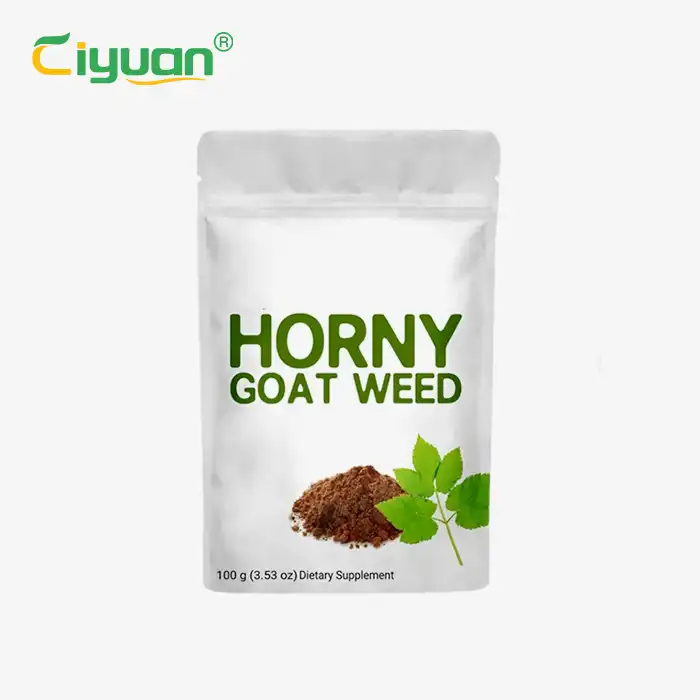
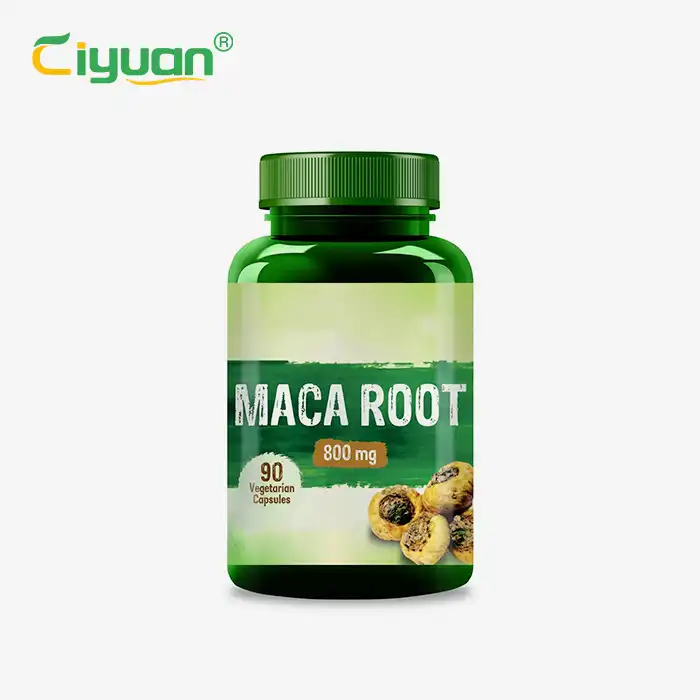
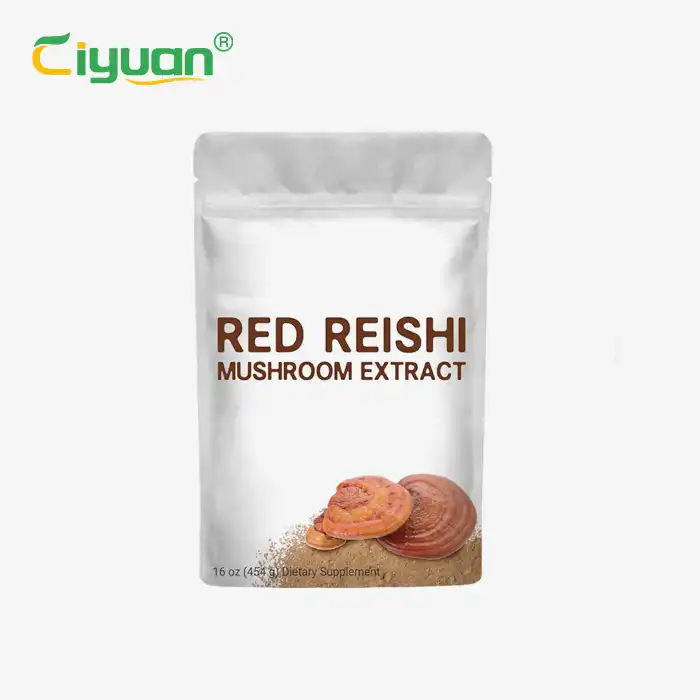





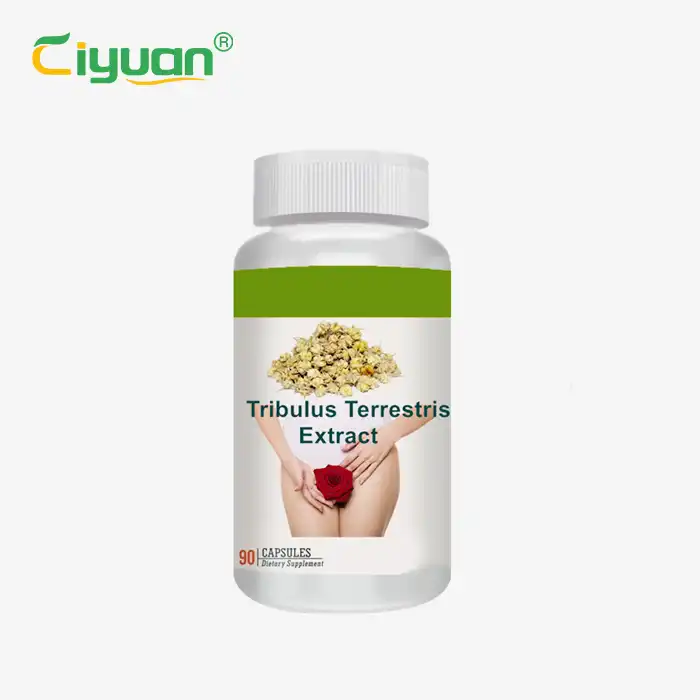
_1739968632792.webp)
_副本_1744965965145.webp)
_1747809873846.webp)
_1753255129933.webp)
_1755743841955.webp)
